Spring was in the air last Saturday as the paths that wind around the green lawns and lush gardens of the
Guide Dogs for the Blind (GDB) campus in San Rafael were filled with the toddling feet and happy paws of the 2
nd Annual Spring Celebration attendees!
Together with our friends at GDB, we welcomed 33 families from all over the San Francisco Bay Area for a beautiful day of spring-themed crafts, guide puppy meet-and-greets, photoshoots with Sunny the Bunny and Glinda the Good Witch, and of course— an accessible beeping egg hunt!
“We just love LightHouse and coming here to Guide Dogs for this event!” says a Little Learners Mom as she glances over at her baby crawling towards a beeping egg that big sis rolls to her. “We’ve been looking forward to the Spring Celebration since last year!”
The campus echoed with beeps, barks, and delighted laughter as 70 children searched for the accessible, tactile and audible eggs they placed in their decorated bags and baskets, to be exchanged for plastic eggs filled with goodies. Friendships were made between the dozens of families, and our community grew!
“Meeting other parents and hearing their stories has been so helpful,” says a Little Learner Mom as she watches Dad sit their daughter down next to another Little Learner Baby on the grass. “I love knowing that my child has a community and kids she can grow up with who will understand her and her needs.”
This spectacular event was made possible by the 45 volunteers from GDB, LightHouse, and friends and supporters of the BVI community. From set-up to clean-up, to facilitating all the activity stations and egg hunts, we had so many eager helpers who brought even more joy to this event. We were so excited for our families to also experience Guide Dog’s Puppy Center and Learning Lab and Gift Shop. And, what a special treat it was to have KRON4 news anchor and GDB docent, Grant Lodes, serve as Emcee for the Spring Celebration, calling out the egg hunts and sharing his passion for Guide Dogs and compassion for the BVI community with the families in attendance.
We owe the unwavering success of this event to the dedicated work of the
Spring Celebration Event Planning Committee. Much appreciation and gratitude to GDB team members Lynn Dubinsky, Karen Woon, Jane Flower, Chris Clayland, Becky Miller, Morry Angell, Barbara Zamost and Brad Hennig as well as LightHouse team members Pam Chapin, Subira Mayo, Allyson Ferrari, Summer Dittmer, Caitlin O’Malior, Hoby Wedler, Genie Gratto and Lauren Myerscough. This dream team collaborated to plan and organize this beautiful event, down to the very last details!
“Guide Dogs for the Blind is absolutely thrilled and honor to partner with LightHouse, not only for this event but throughout the year,” says GDB CEO, Chris Benninger. “We have also worked together on the delivery of orientation and mobility services—critical services that we could not do without the help of our partner, LightHouse for the Blind.”
In addition to our fabulous event organizers, we would like to give a warm, heartfelt thank you to other supporters who were a pivotal part of making the 2
nd Annual Spring Celebration such a special day for our Little Learners community! Thank you to Marissa Gonzalez, President of World Eye Cancer Hope-USA Chapter, Julie Maier of California Deafblind Services, Gina Ouellette (and family!) Superintendent of California School for the Blind, and the San Francisco Optometric Society. We’d also like to shoutout and thank volunteers from Google and from Kaiser Permanente for their continued support and partnership.
“All of your contributions make events like this possible,” LightHouse CEO, Sharon Giovinazzo, thanks our supporters. “Helen Keller said it so well: ‘Alone we can do so little, together we can do so much,’ But of course, a very special thank you has to go to Chris Benninger and all of your staff on this beautiful and wonderful campus. As we come together, let’s celebrate the bonds we share and inclusivity!”
Indeed, it was a beautiful celebration of community, inclusivity, and the joy of springtime! We look forward to doing it all again next year!
Click this link to learn more about the LightHouse Little Learners.
For more information about Guide Dogs for the Blind, click this link.
Photos by Emmalaine Berry Photography
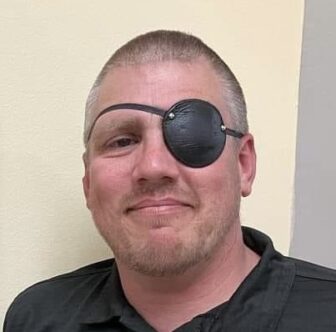

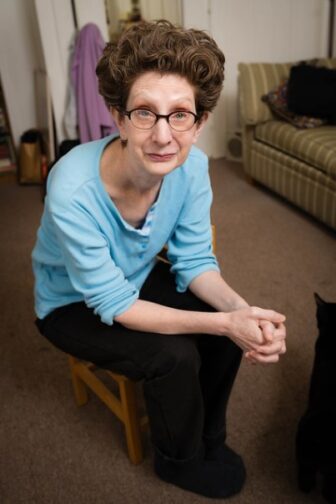

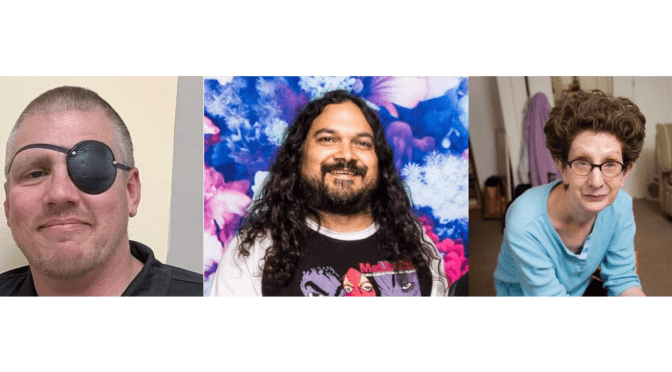
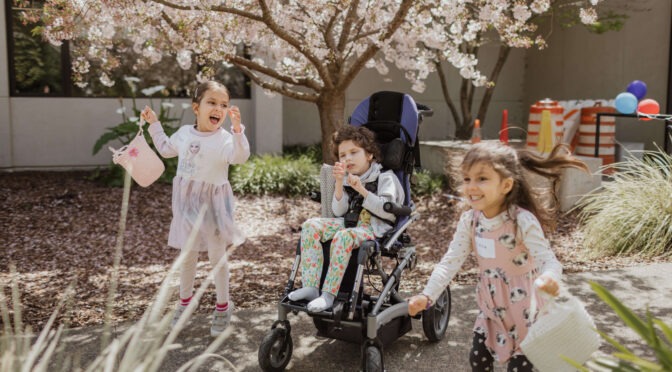
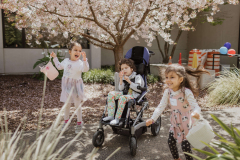


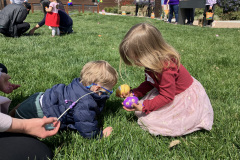


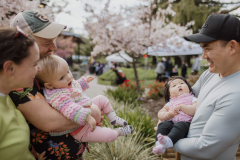
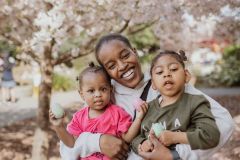
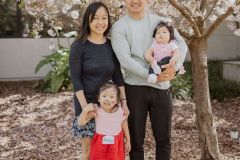




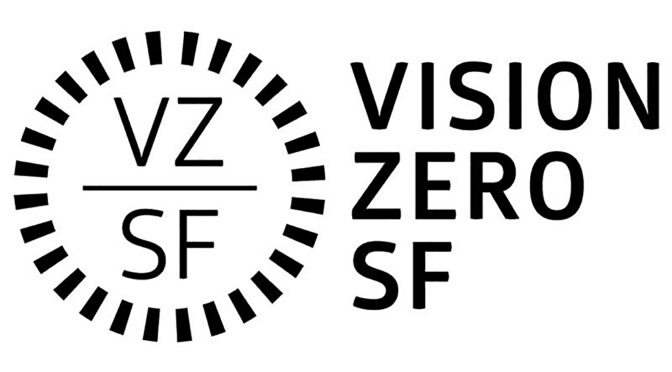
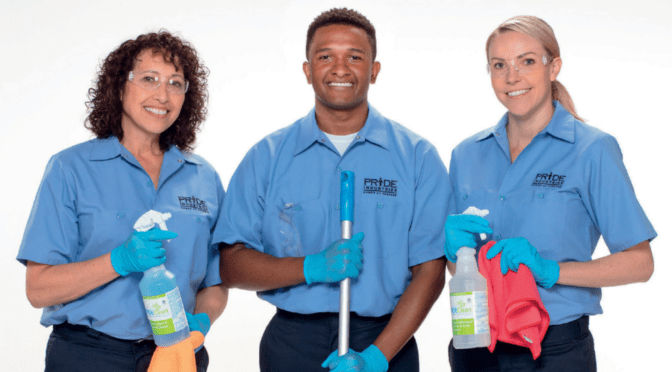
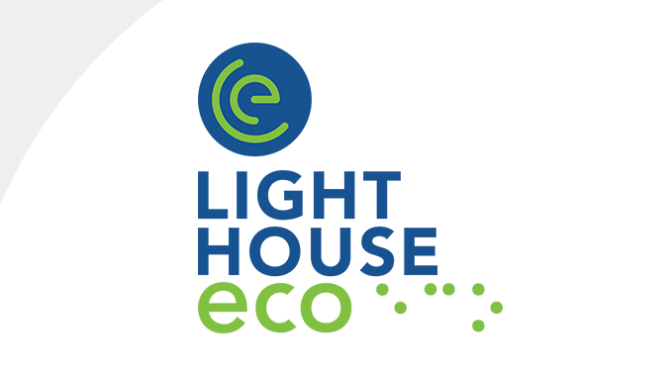
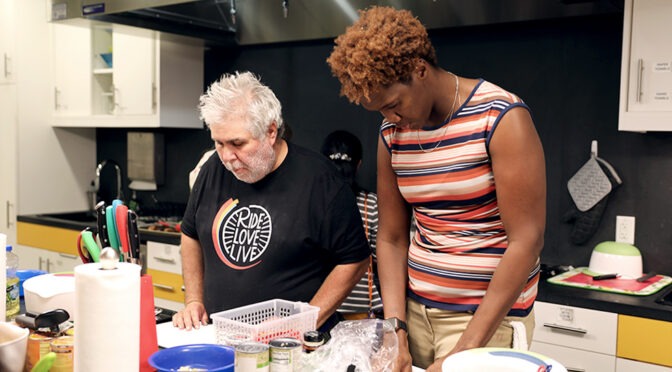
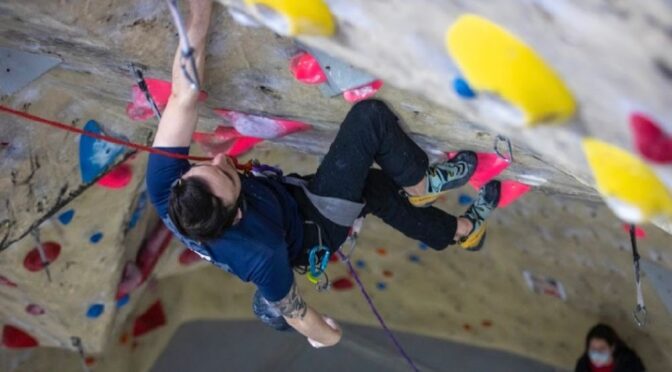




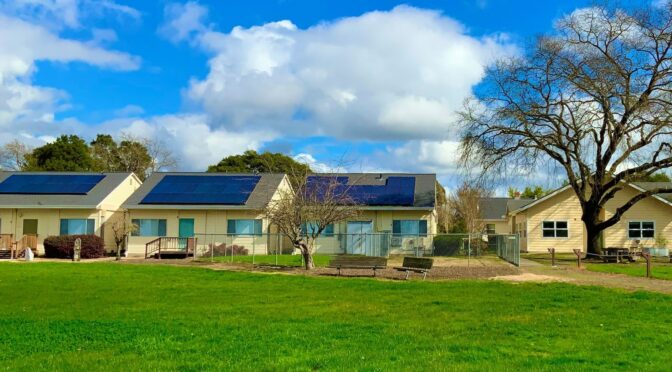
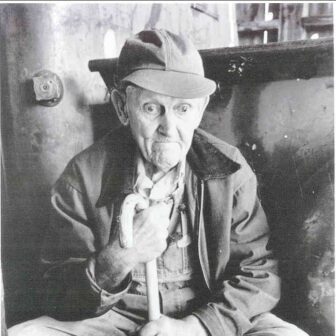 Earle Baum was born in 1896 on his family’s farm just west of Santa Rosa. This homesteaded property had been in the Baum family since 1856. By age 17, Baum had lost substantial sight, most likely from retinitis pigmentosa, the number one cause of congenital blindness. A star pupil at Santa Rosa High, Earle had dreamed of a writing career.
Earle Baum was born in 1896 on his family’s farm just west of Santa Rosa. This homesteaded property had been in the Baum family since 1856. By age 17, Baum had lost substantial sight, most likely from retinitis pigmentosa, the number one cause of congenital blindness. A star pupil at Santa Rosa High, Earle had dreamed of a writing career.